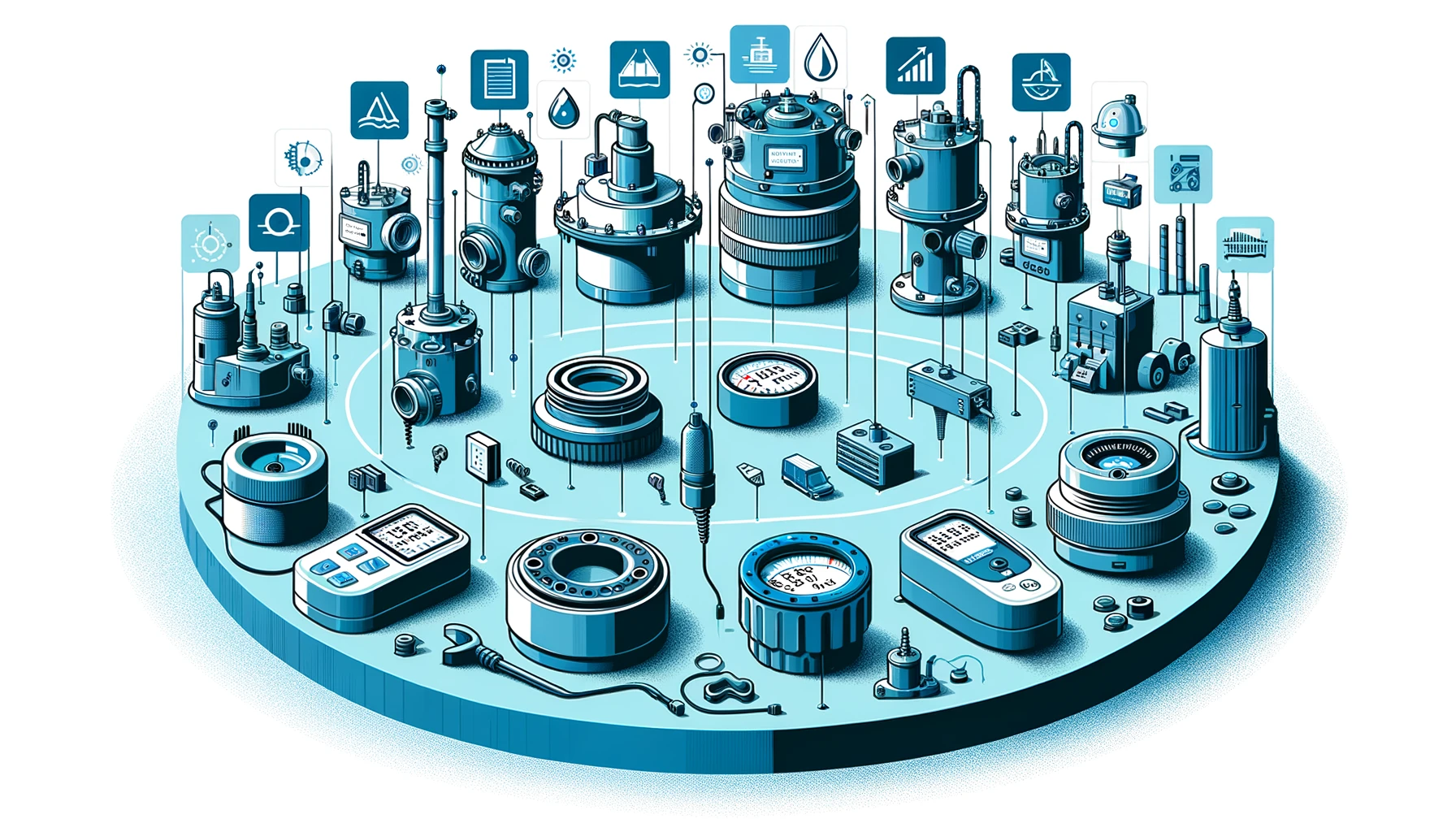Industrial level sensor: factors to consider when choosing

In the complex and nuanced realm of industrial equipment, choosing the right level sensor for specific functions is a task that cannot be understated. Selecting a suitable level sensor, whether capacitive, ultrasonic, or any other variant, is pivotal for maintaining optimal operational efficiency. This guide delves into the intricate process of selection and the foundational principles behind various level sensor types, such as level probes, indicators, and transmitters, all crucial for precision measurement tasks.
Application Considerations
To select the right level sensor, one must comprehend the application’s demands. The sensor’s role can vary from simple monitoring to integral parts of sophisticated control systems. Calibration to match specific needs, like that required for a Pepperl+Fuchs ultrasonic sensor, is paramount.
Design Considerations and Compatibility
One must assess the compatibility of the sensor with the material being measured and the environmental conditions it will face. Additionally, one should consider the sensor’s placement and the pressures it will withstand.
Choosing the Right Sensor Type
Deciding on the sensor type involves comparing different designs, such as mechanical float or electromechanical sensors, against the tasks they’ll perform. The working principles of level indicators and level probe sensors are vital in this decision-making process.
Sensor Durability and Performance
A robust understanding of the sensor’s principles, such as those governing ultrasonic level transmitters, is essential. It’s important to select sensors recognized for enduring performance in industrial settings.
Integrating with Systems and Ensuring Accurate Readouts
Ensuring sensor compatibility with system accessories is crucial. This may involve integrating ultrasonic level sensors or capacitive sensors with the necessary precision equipment for comprehensive functionality.
Evaluating Material Impact and Transmission
Assessing the long-term material impact on sensors is key. The ideal sensor should resist corrosive or abrasive conditions without compromising data transmission or sensor performance.
Concluding Thoughts on Precision Measurement
Every industrial operation requires a level sensor that is dependable, precise, and consistent. Remember, each application has its own set of requirements, and comprehending the working principles of each sensor type, like ultrasonic or capacitive, is critical to making an informed selection.
Reviews
Reviews about the product Industrial level sensor: factors to consider when choosing